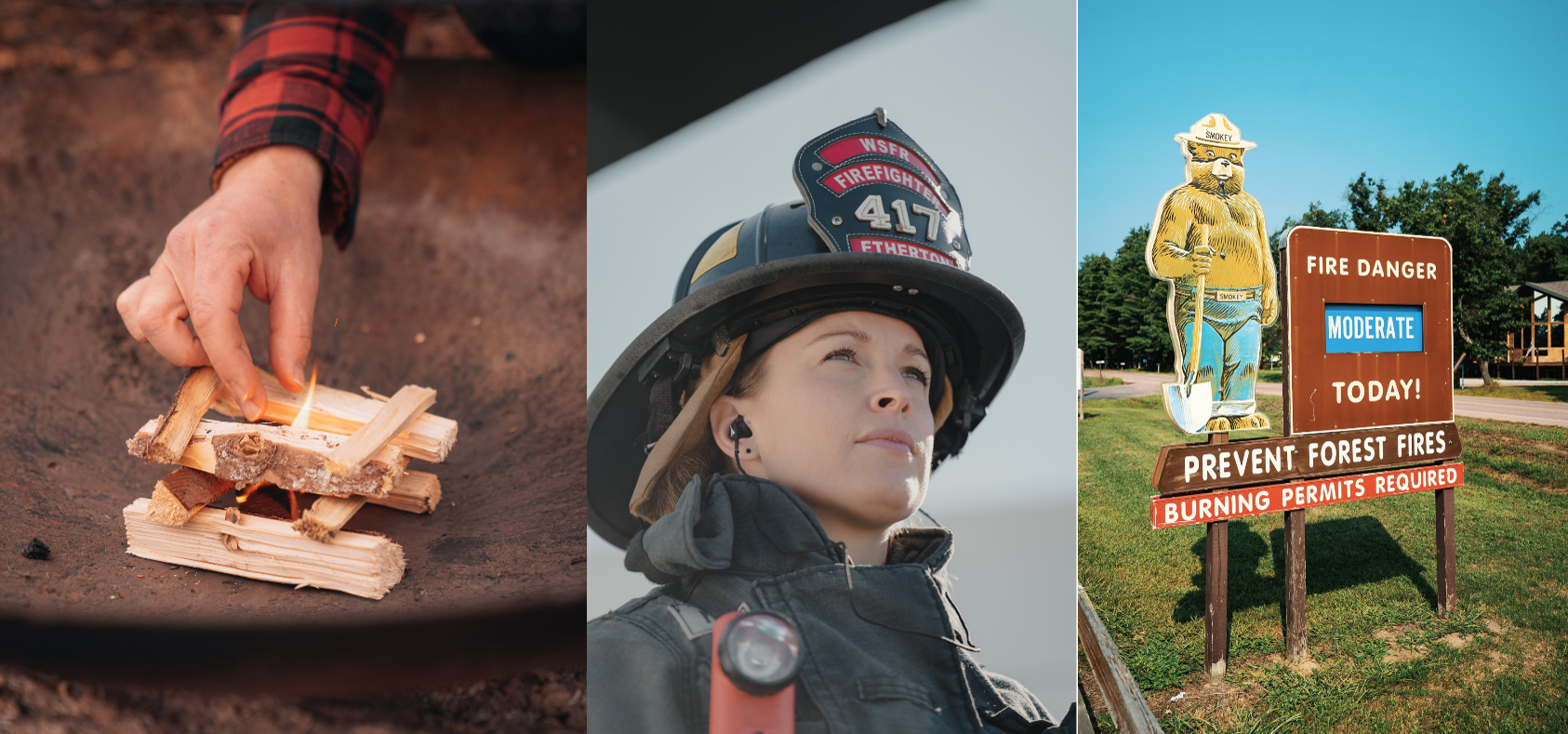Fire Starter, Fire Fighter, or Fire Preventer?

Fire is one of the classical elements, along with Earth, Water, and Air, that Greek philosophers used to explain the world. Our knowledge of chemistry and the properties of elements has changed over millennia, but the significance of fire as a force in our world continues to grow.
Ask anyone who’s experienced the sight of eerily orange skies caused by Canadian or Californian wild fires.
But how does fire relate to your performance as a leader?
How you choose to deal with “fire” as a leader determines the role you play in creating the mindset and environment necessary for your team and you to succeed.
Sometimes, you must play the role of a fire starter. At the beginning of a project, when there is resistance due to ambivalence, uncertainty, or lack of clarity, your role as a leader is to provide the “spark” to ignite creativity, optimism, and ultimately buy-in. Leveraging your skills around Emotional Intelligence (EQ), particularly those around empathy to understand others’ perspectives and motivation to remain optimistic even in the face of obstacles, is key to establishing your presence as a leader here.
Most of the time, you probably see yourself leading as a fire fighter. This is where you’re the typical crisis manager, responding effectively to threats as they happen, directing resources where they can deliver the most impact, and focusing your energy and attention on what is most urgent. You likely pride yourself and build your team’s value on how quickly you detect and extinguish these fires.
However, it’s exhausting to be a fire fighter, to always be in “reactive” mode, and to have your attention diverted to what is urgent regardless of its importance.
What if, instead of struggling to increase your and your team’s capacity to fight fires, you act as a fire preventer? Instead of designing processes to detect the first moment of smoke or heat, what if you created processes, services, or products that didn’t burn in the first place? How would you lead differently if your focus was on keeping fires from starting in the first place instead of putting them out as quickly as possible or minimizing the damage they cause?
This is the difference detection and prevention; between being reactive and proactive; between draining and exhausting yourself or your team and fortifying yourselves while building resilience.
The one thing you can’t be is an arsonist. Starting fires to destroy or disrupt or to cause others pain has no place in a leader’s repertoire. Those of us who watched Game of Thrones remember the fate of House Targaryen.
Remember, only you can prevent forest fires!